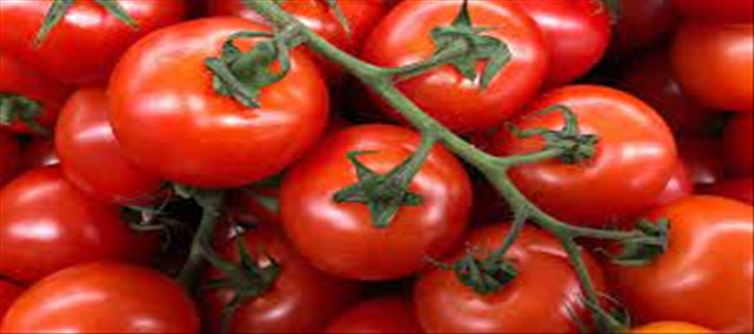
Tomatoes are indisputably considered fruits when assessed from a botanical standpoint. This categorization is rooted in their specific botanical traits and developmental processes. In botanical terms, a fruit is characterized as the mature ovary of a flowering plant, typically containing seeds, and tomatoes precisely align with this definition as they originate from the flowering section of the tomato plant and enclose seeds within their flesh.
.jpg)
Nonetheless, the debate over whether tomatoes should be classified as fruits or vegetables mainly arises from their culinary and everyday usage. In practical kitchen terminology and in ordinary conversations, tomatoes are frequently labelled as vegetables. This classification is attributed to their savoury flavour and their frequent incorporation into savoury dishes, salads, and sauces.
Tomatoes' adaptability and capacity to enhance a wide spectrum of savoury recipes have solidified their identity as vegetables in everyday discourse. A noteworthy historical note is the legal case known as Nix v. Hedden in the late 19th century in the United States. This case led to a ruling by the U.S. supreme court that tomatoes should be categorized as vegetables for tariff purposes, primarily because they were more commonly consumed as part of the main meal in American culinary traditions.
In summary, the classification dilemma surrounding tomatoes, whether they are fruits or vegetables, illustrates the intriguing dynamic between botanical science and cultural conventions. Botanically, tomatoes unquestionably fall under the fruit category due to their alignment with criteria for fruit-bearing plants. Conversely, in culinary and everyday language, they are frequently regarded as vegetables due to their culinary versatility and savoury taste.




 click and follow Indiaherald WhatsApp channel
click and follow Indiaherald WhatsApp channel